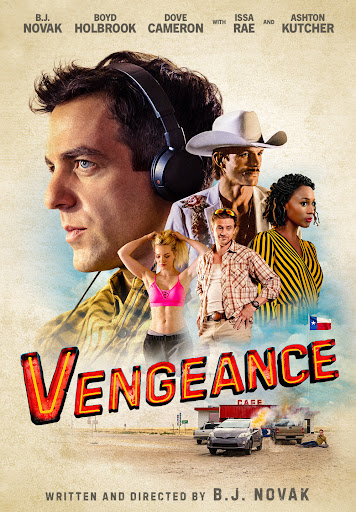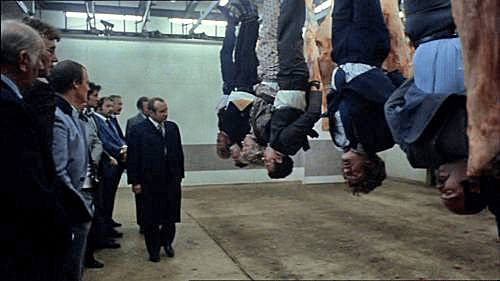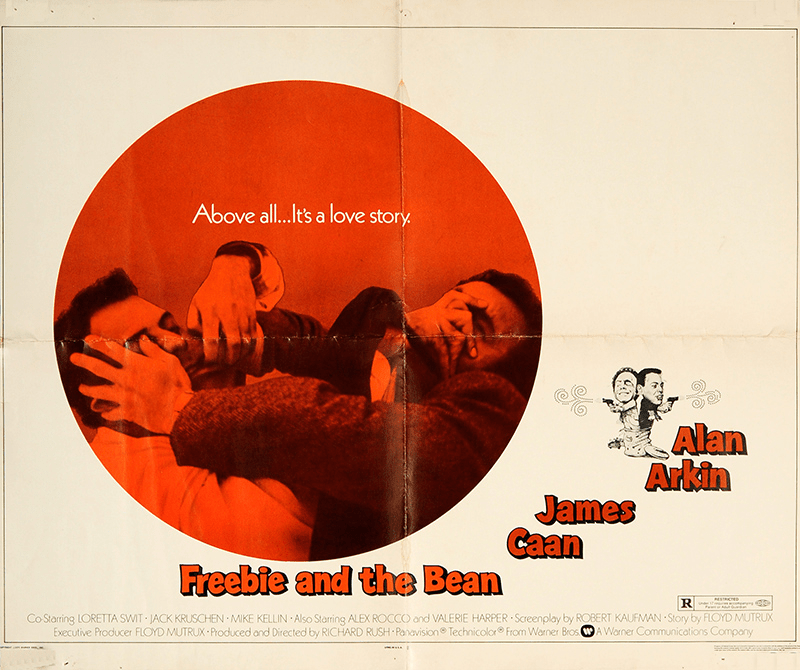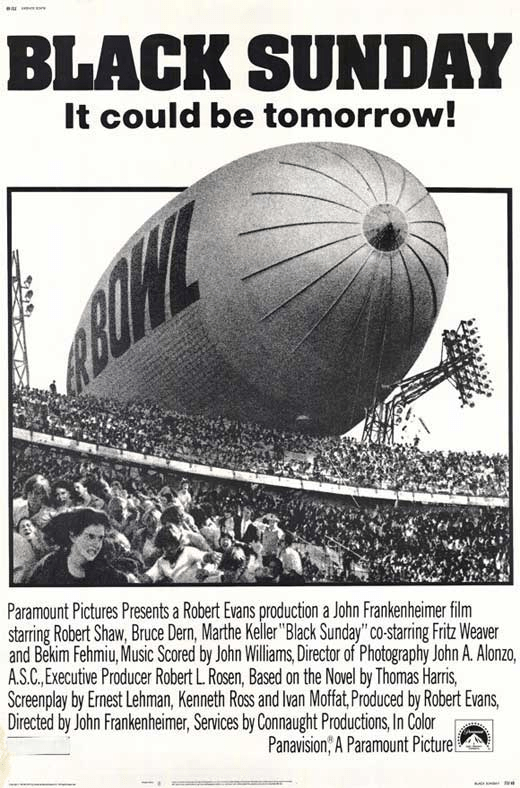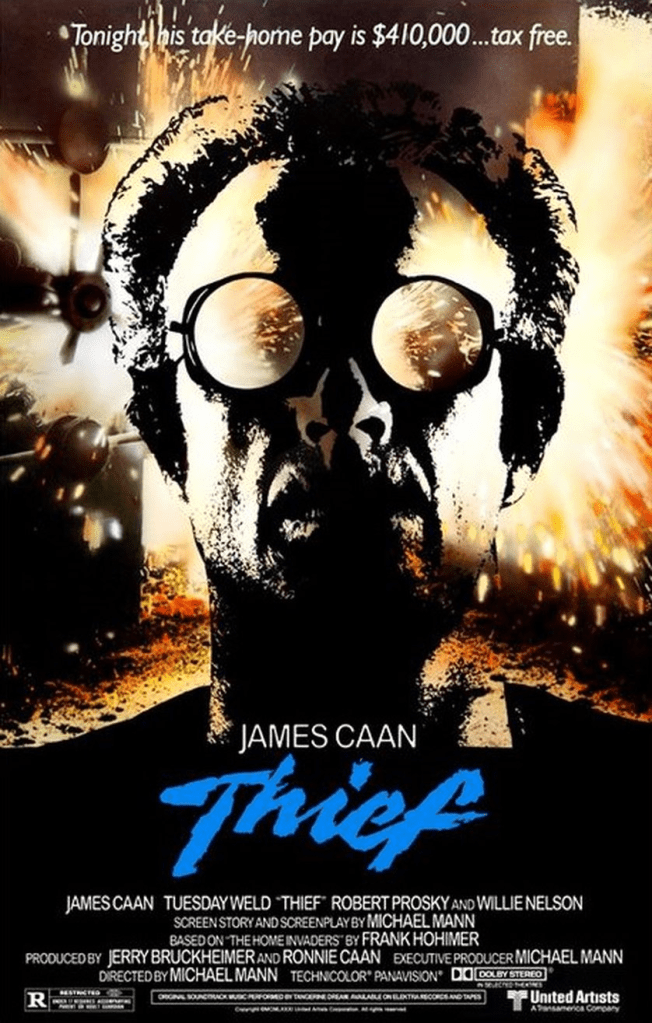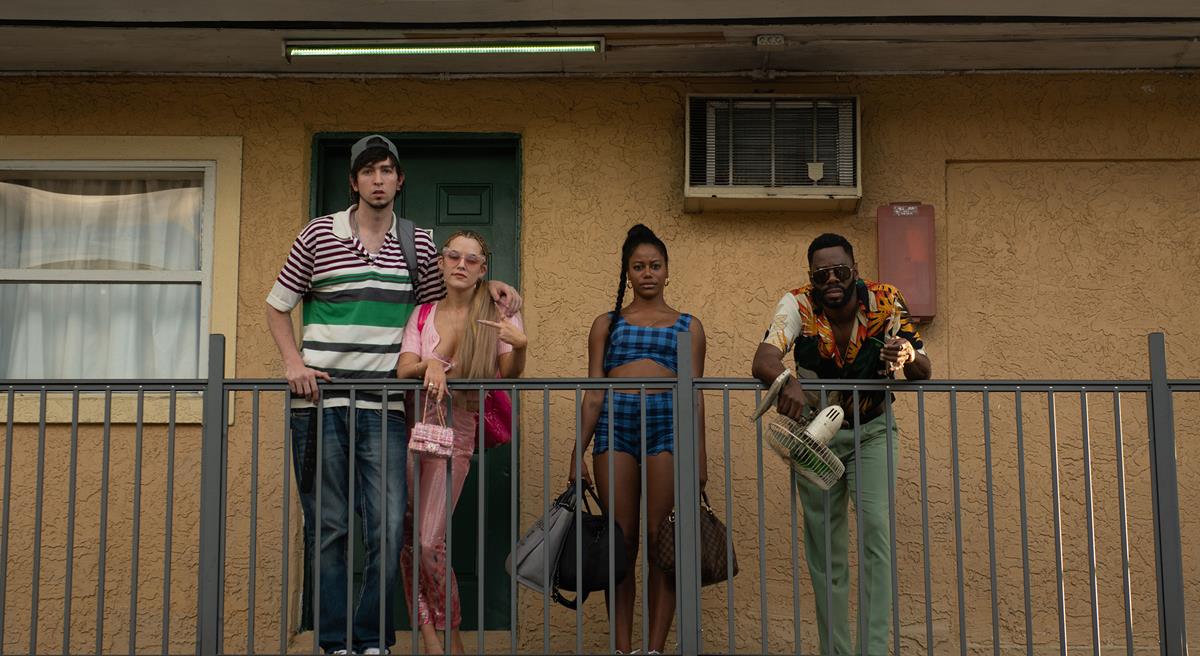BJ Novak‘s black comedy nicely straddles the line between laugh-out loud funny and acerbically insightful. Ultimately, a culture class vehicle, the film also hits every one of its marks in blue and red America.
Ben Manalowitz (Novak) is a NYC writer who longs to host a hot transformative podcast, a vessel for his views of America. When we meet him, he is so hiply ironic and up his own butt, there’s not a lot to root for. But we do, because he seems adrift and in struggle for meaning. Once you get past all his posturing, he also seems decent, if weak.
Novak’s Ben reminds me of Lena Dunham’s Hannah Horvath in Girls, a clearly unsympathetic protagonist shown in an unflattering light who still manages to elicit empathy. Novak skewers himself mercilessly (shout out to John Mayer, whose one scene with Novak is a hilarious, ostentatious riff between two “bro’s” that introduces Ben and what he is about with economical precision), but stops short of the cartoonish, offering a balanced portrayal of a narcissistic guy with bite-sized intellectual pretensions who also wants to be a good dude.
When Ben gets a call from a distraught man in Texas telling him that his sister and Ben’s girlfriend Abilene is dead, it takes Ben a minute to realize that she was just one of his many occasional hookups, one who must have told her family that he was her steady boyfriend back in the city. Ben takes an extra beat to see a trip to Texas for Abilene’s funeral as an opportunity to immerse himself in some of the America he waxes so philosophically about. Upon arrival, a hot podcast is born.
Ben is the quintessential fish-out-of-water, and in lesser hands, the film would have had little to say about the cultural divide while maximizing the pratfalls and faux pas of a NYC Jew in shitkicker county. Or, the picture would have jettisoned the funny for deep intonement about the state of our current national fracture, such as it is.
Novak smartly balances both elements while crafting a genuine connection he makes with Abilene’s family. A scene where Ben attends a rodeo is gut-busting, another where he interviews Abilene’s record producer (an impressively soulful Ashton Kutcher) is thought-provoking and intelligent, and the deeper his dive into fly-over country, the funnier and more meaningful the picture becomes. Novak takes hard, amusing, and accurate shots at everyone’s station with a humility that elevates the movie.
The picture suffers just a bit at the end from repetition (a little Ashton Kutcher goes a long way) and a discordant, implausible cherry on the top, but no matter. Very sharp, very tight, highly recommended.
On Amazon Prime.

